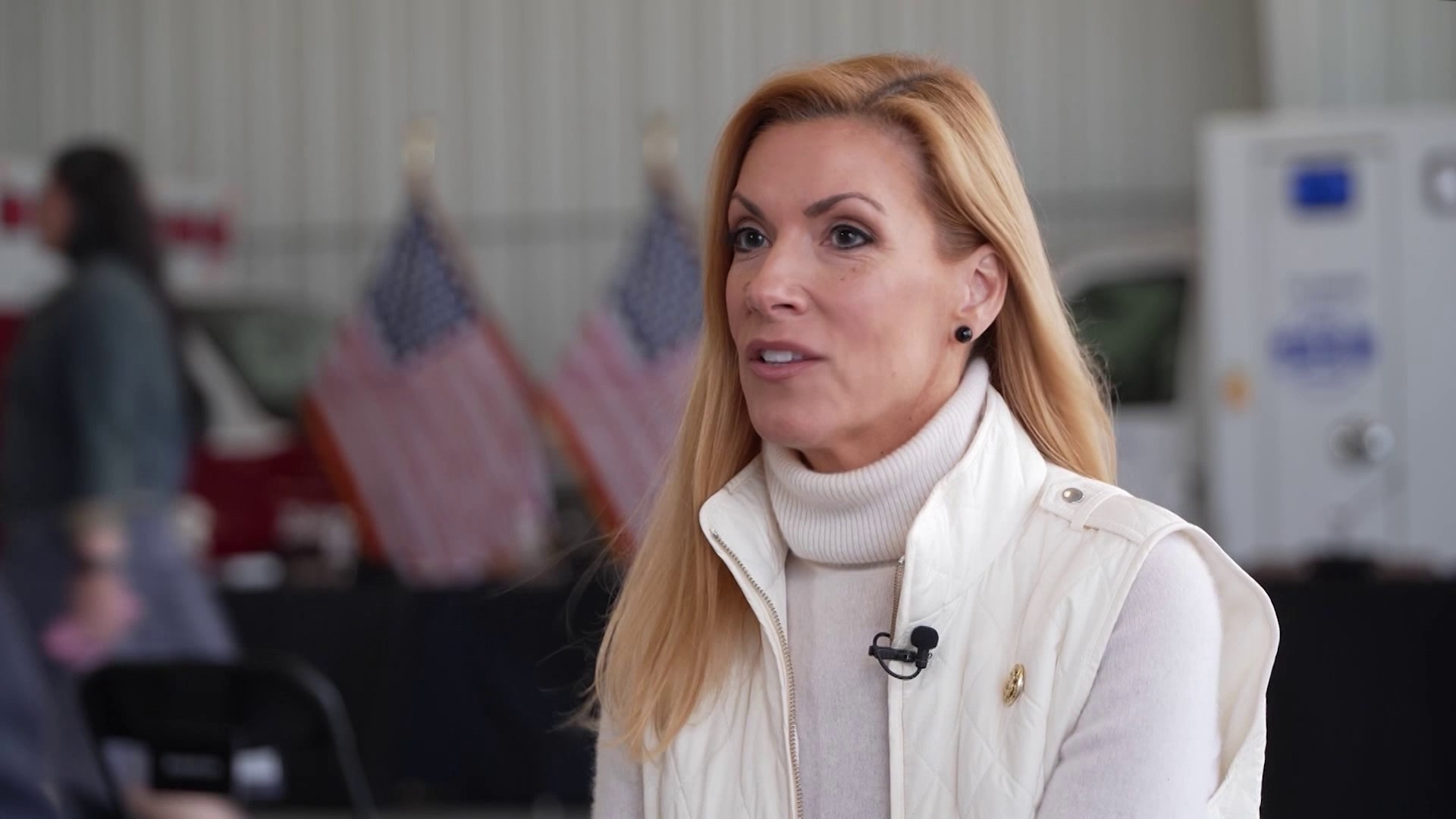DENTON, Texas — Rural Texas is losing hospitals at an alarming rate.
The Texas Organization of Rural and Community Hospitals, TORCH, reports that from 2010 – 2020, 26 hospitals in 22 communities closed.
Congressman Beth Van Duyne, R-Irving, says one major reason for the rural healthcare crisis is the reimbursement rate for Medicare and Medicaid.
“More people may have access to health insurance, it doesn’t mean they’ve got access to healthcare. And when the cost is so excessive that they can’t afford it even if they’re covered by insurance, it’s basically the same thing as not having it,” Van Duyne told us on Inside Texas Politics.
We met up with Van Duyne recently in Denton where she was holding a field hearing on healthcare access along with House Ways and Means Committee Chair Jason Smith, R-Missouri.
Van Duyne says healthcare providers face excessive regulations and regulatory burdens placed on them by federal agencies in general, and the Centers for Medicare and Medicaid Services (CMS) specifically.
And she says the federal government can play a role in improving healthcare access by cutting some of the red tape.
“If it’s a large healthcare system, they can spread it out. They actually have a whole department that’s focused on regulatory issues,” said Van Duyne. “But when you look at some smaller healthcare systems, when you look at the smaller, solo practitioners, the small group practices, they can’t. And as a result, they’re either forced to sell to a large healthcare network or go out of business.”
Congressman Jason Smith also says the federal government can make sure the system is fair and doesn’t pick winners and losers.
“You should not be punished because of the zip code that you live in of whether you can get healthcare or not, whether healthcare, Medicaid, Medicare reimbursements are paid much less in rural areas versus urban areas,” the Republican chair said. “We need to make sure that we’re providing that access to care regardless of what zip code anyone lives in.”
Van Duyne also says the federal government can go after agencies that don’t comply with existing federal laws, such as the “No Suprises Act,” meant to protect consumers from surprise medical bills and healthcare costs.
But the Republican claims the way CMS is implementing the law goes against lawmakers’ intent and is increasing costs and time, while decreasing access.
“So, making sure that we’re holding the agencies that have to do with healthcare, for example CMS, accountable for how they’re actually implementing our regulations is important, how they’re implementing the law, the intent of the law, is important,” Van Duyne says.
Other headlines:

